Last updated on September 4, 2024
A film by Aude Léa Rapin
With: Adèle Exarchopoulos, Souheila Yacoub, Eliane Umuhire, India Hair, Souleymane Touré, Jonathan Couzinié, Léo Chalié, Grace Seri, Paul Beaurepaire, Marc Barbé
The film follows Julia, one of the activists who mysteriously disappeared after participating in a violent protest. After being shot in the eye by a flash-ball gun, Julia fainted and woke up in an unknown world, known as Planet B.
Our rate 1 : * (*)
Our rate 2: (*)
A science-fiction film that, on paper and as the first images will confirm, is not lacking in ambition. However, the apocalyptic drama that unfolds, the dystopia, is modeled much more on the worst of Nolan (Inception) than on the best of Scott (Blade Runner). It’s first-degree all the way, offering dialog centered mainly on survival, and proposing an imaginary world to which we find it hard to adhere (a video game mask that allows a person to enter a virtual world that totally replaces the real world (the film insists quite heavily on these aspects: swimming in a pool, for example, wets your hair, feeding in it actually nourishes you, etc.). As a result, the few political questions the film seems to want to raise (authoritarianism, fascism, order, life becoming increasingly difficult and the need to survive, ecological revolutionary activism as a starting point for incarceration) take a decidedly back seat, as does the drama itself (whether the activists will manage to escape, helped by a heroine who is also playing for her life). When it comes to science-fiction storytelling, success can only be achieved through a sense of detail, meticulousness and great inventiveness that we can relate to. Otherwise, the transposition into the universe fails from the outset, and we remain in our armchair, very aware of our position as spectators, where we’d like our neurons to connect to the fiction, so that we can identify with the characters, even if it means feeling ourselves trapped in this escape game we’re being shown. While technically speaking, the film is on a par with similar 80s productions, without going overboard, its very American style (good guys, bad guys, insipid dialogue, characters who live in the first degree, no psychological reflection, a very distant camera and a very neutral gaze – a desire for entertainment above all else) distracts us from it. The direction of the actors, the energy of Exarchopoulos, Jacob and the rest of the cast, the visual style and the Carpenter like soundtrack (courtesy of Bertrand Bonello) do nothing to change this, and our emotions are barely touched (no shivering, no compassion, no empathy), probably due to a certain coldness that emanates from the whole – a coldness already present in Les héros ne meurent jamais (Heroes Never Die), but there it was more disturbing, and indeed more touching… That said, the film should certainly find its audience, as this ambitious undertaking, which deliberately departs from French production standards in order to approach what’s being done on the other side of the Atlantic, was the key to the success of Animal Kingdom (which divided us on these very issues), and, in a different register, that of The Count of Monte Cristo.

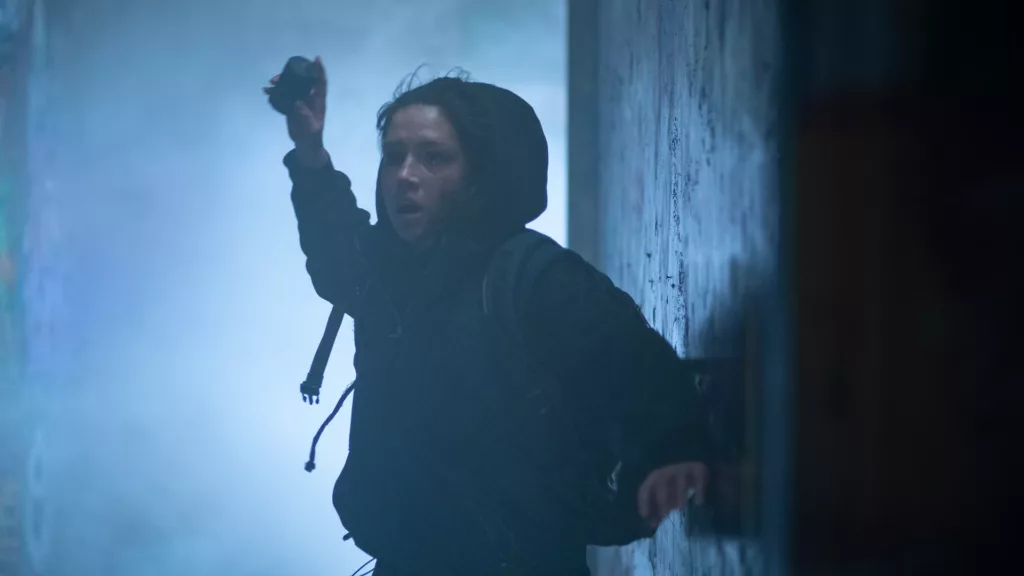
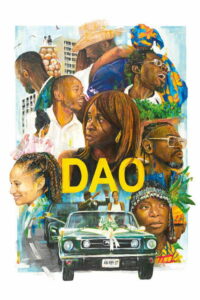
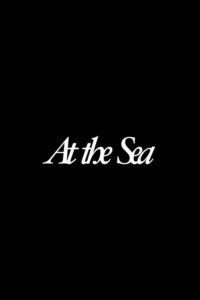

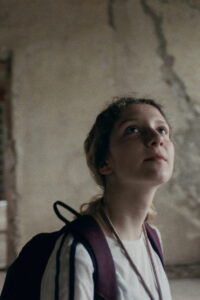
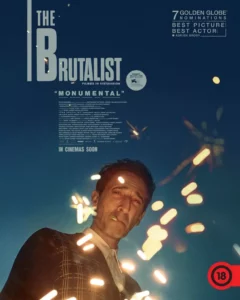
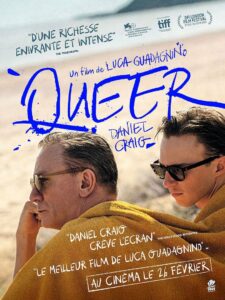
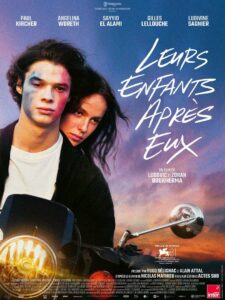

Be First to Comment